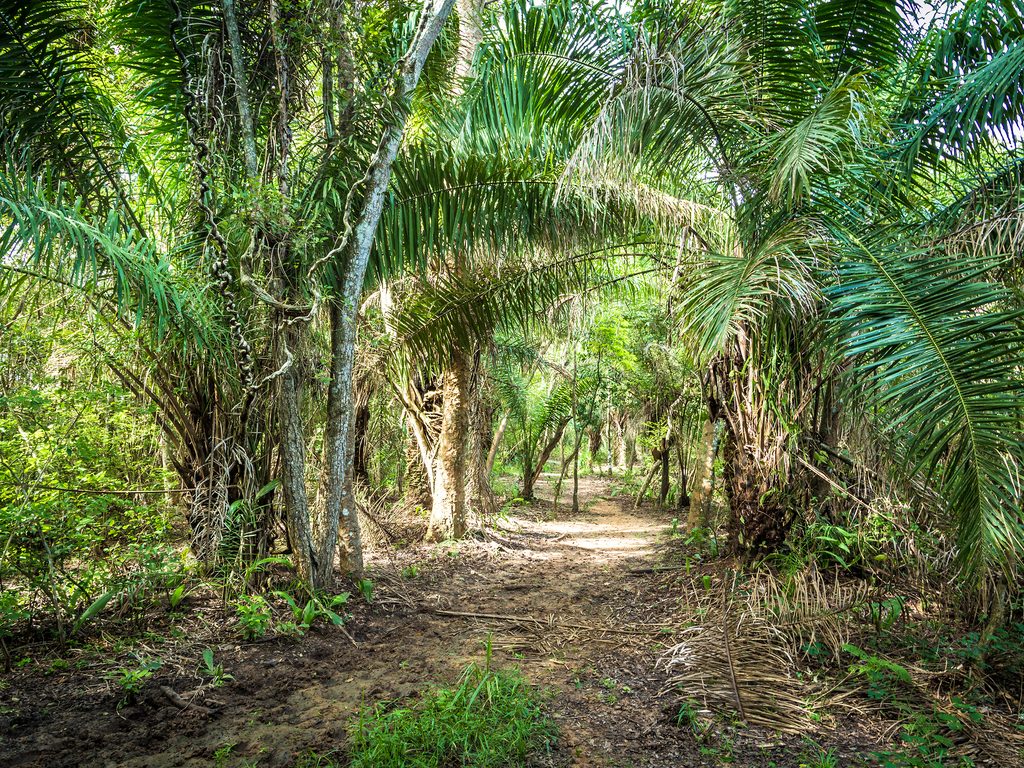In thirty years, oil palm cultivation will have to expand by 53 million hectares, including 44 million hectares for food production. In other words, the production areas of this commodity will have to quadruple (in 2015, palm trees occupied 20 million hectares. Editor’s note). The study reveals that a total of 273 Mha of land could be cultivated with oil palm in Africa: 84 Mha with a low yield, 139 Mha with an average yield and only 50 Mha with a high yield. An investment that would have an impact on biodiversity.
According to Ghislain Vieilledent, ecologist at CIRAD and co-author of the study, “By crossing these figures with data on the vulnerability of primates, oil palm cultivation would only be possible, with a small impact on primates, on 3.3 Mha. A figure that drops to 0.13 Mha if you only take high-yielding land.” Yet these 3.3 Mha and 0.13 Mha correspond to only 6.2% and 0.2% of the 53 Mha of land needed to meet the estimated increase in palm oil demand in 2050. Africa is thus put in harm because it has a natural advantage favourable to oil palm cultivation. The latter are grown in Nigeria, Côte d’Ivoire, the Democratic Republic of Congo, Cameroon, Gabon and Ghana.
Biodiversity at risk
According to the International Union for Conservation of Nature, 37% of the 193 ape species living in Africa are “threatened with extinction”. These figures could increase if their living space is destroyed to promote the cultivation of palm oil. Primates, as the study points out, are good indicators of biodiversity as a whole. They play a crucial role because “by dispersing seeds, they play a role in maintaining the composition of forest ecosystems”. The researchers in the conclusion of the study state without hesitation that it will therefore be difficult to reconcile oil palm cultivation and biodiversity.
Suggested solutions…
The researchers have proposed some. For them, ecological disaster can be avoided. According to Ghislain Vieilledent, “to conserve African biodiversity, solutions exist. One could be to increase the yields of current plantations through the use of high-yielding oil seeds and the adoption of best agricultural practices.” In this vein, initiatives such as Roundtable on Sustainable Palm Oil that promote sustainable palm oil production can be supported by African policy makers. Biodiesel could also be an alternative to palm oil, which would reduce its current consumption rate in Northern countries for instance as measures to save biodiversity in Africa.
Luchelle Feukeng
